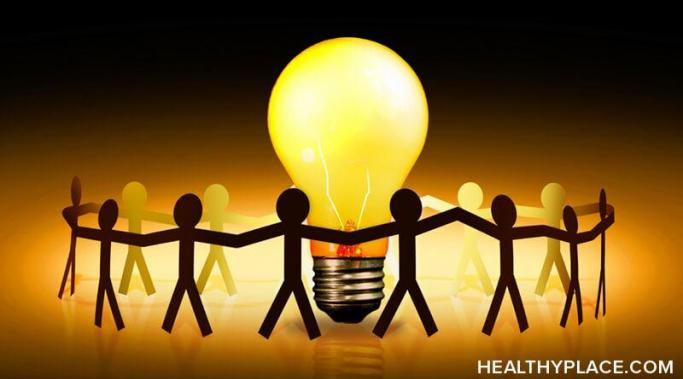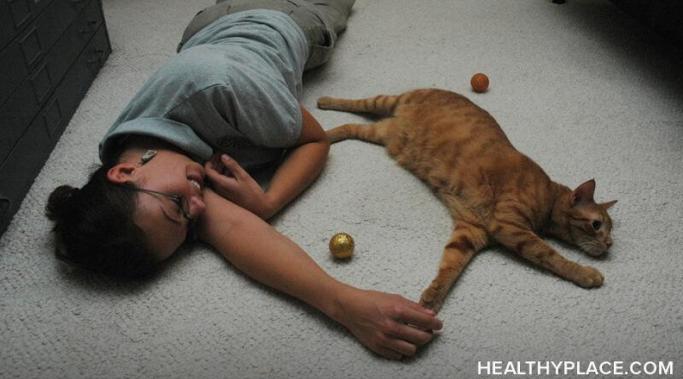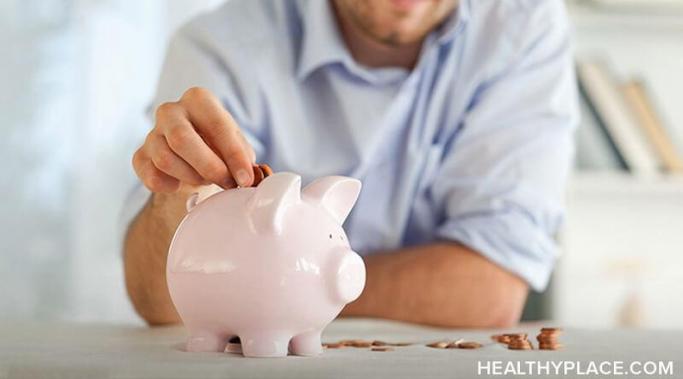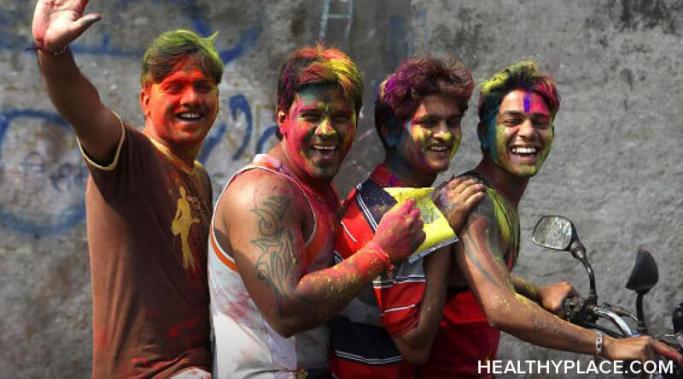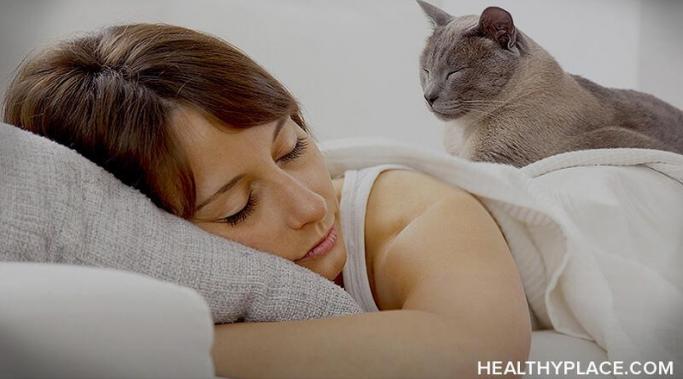Building healthy habits as a recovering gambling addict is not quite easy. One day, you feel like it's all behind you, and the next, you are fighting the urge not to place that bet. This was me a couple of years back. Weeks and even months of abstinence would crumble at the allure of the casino until I realized that recovering from gambling addiction requires more than just abstaining from placing bets. Recovery also involves replacing old habits with healthier ones, supporting your current lifestyle.
Recovering from Mental Illness
I find I can heal through nature. Not only is the great outdoors a place of wonder, but it's an excellent tool for those with mental illness. There are many tactics to harness the healing power of nature and all it has to offer, which comes in handy when anxious or depressive thoughts start to creep up.
Supporting your loved one during a gambling addiction recovery journey is quite difficult. Seeing a loved one struggle with gambling addiction can be heartbreaking. You may feel a mix of emotions – concern, fear, anger, and even frustration. But amidst these feelings, one desire likely stands out: to help them get better. However, starting a conversation about a sensitive topic like gambling addiction can be daunting. In this article, I'll share some tips to guide you through this difficult but necessary conversation that serves as a starting point when supporting a loved one in addiction recovery.
I've used art to manage my mental illness. Art and tapping into creativity is an excellent source of self-therapy. When I was in intensive therapy during a difficult point of my life, I was introduced to art as therapy. I was skeptical at first, but the idea that art could help manage my mental illness and be soothing and stress-relieving opened a new door for me in my recovery.
Technology does not have to be an enemy for recovering gambling addicts. The right digital tools for gambling recovery can help you achieve and maintain abstinence and even improve emotional wellbeing. Let's take a look at how technology can aid in gambling recovery.
Pet adoption in mental illness recovery is an important decision. Pets are cute, comforting, and can be great for someone's mental health. Even last week, I saw a dog sporting his "emotional support dog" vest. Many people with mental illness find comfort in their pets, and there are many reasons why pet adoption during mental illness recovery makes sense, but the decision to bring a pet into your life can be equally amazing and stressful.
Parenting in gambling addiction recovery is not easy. The weight of gambling addiction isn't just on us, the ones battling it; it bleeds into the lives of loved ones, especially our children. That's why it's important to consider parenting in gambling addiction recovery.
Managing finances when you have a mental illness can be complicated. The dreaded "your account is overdrawn" bank email and I were well acquainted while my mental health declined. I felt a heavy sense of guilt when it came to my finances. My reluctance to face my situation and the shame I felt asking for help created a snowball of dread. Mental illness can make managing finances more difficult, but it isn't a hopeless situation, and it shouldn't be a source of shame.
Rebuilding relationships after a gambling addiction is a tall hill to climb. I know this too well because my gambling addiction left a trail of broken relationships. A few months into my recovery journey, it dawned on me how much I had lost—not only money but also valuable relationships that had taken me years to build. My actions had caused my loved ones so much hurt that they found it harder to trust me, which naturally built a wall between us. Today, I'll share what I have learned about rebuilding relationships after addiction.
"I'll sleep when I'm dead" is a line my former self fully embraced before learning more about sleeping for mental health. If others didn't need sleep, I thought I didn't either. That thought process took a nasty toll on my mental health. Sleeping is essential for mental health and shouldn't be put on the back burner.




